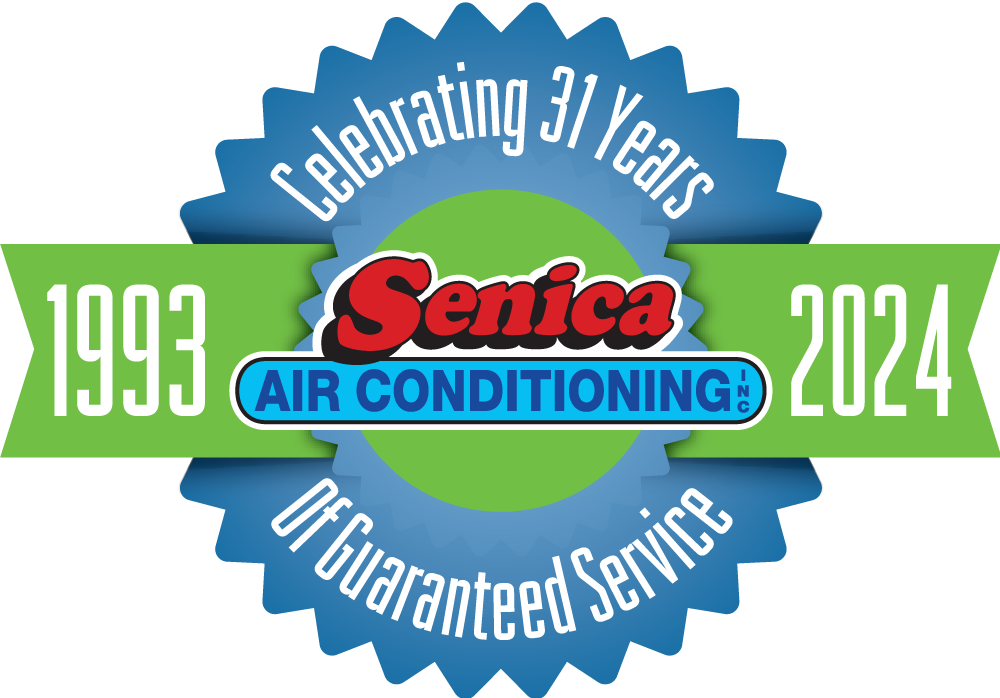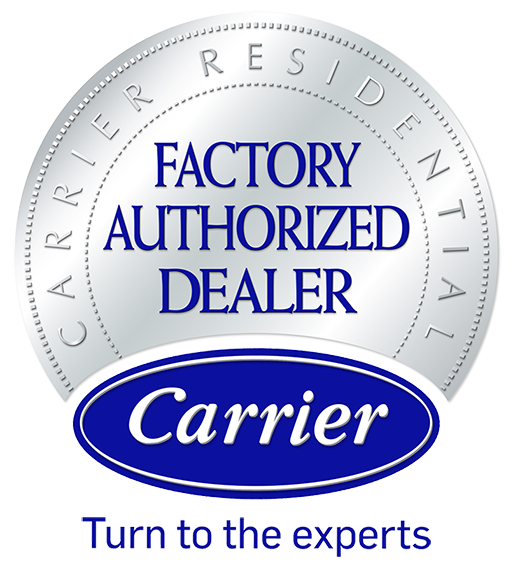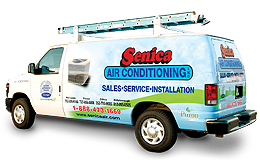High humidity levels can wreak havoc on your home this summer if isn’t controlled. An excess of moisture in the air promotes the growth of mold and mildew, which are two problems that homeowners do not want to deal with. Mildew and mold can cause respiratory and other health problems, along with the deterioration of your home’s building materials. Luckily, there are ways to control excessive moisture in your home, leaving little room for mold to grow.
How humidity leads to mold and mildew
Moisture vapors in the air are the main culprits of mold and mildew. The more moisture you have in your home, the higher the humidity levels will be. When air with 100 percent relative humidity cools off or absorbs more moisture, the formation of condensation on the area’s coolest objects occurs. This water is then absorbed into building materials, causing them to be damp and creating the perfect conditions for mold growth.
Ways to control humidity
Keeping humidity levels down is the only way to successfully inhibit mold and mildew growth. The ideal humidity level for your home is between 30 and 50 percent to keep your home safe and your family healthy.
- Avoid using kerosene space heaters and unvented gas heaters.
- Use an exhaust fan and open your windows when cooking with gas, as ranges and ovens also emit moisture.
- Avoid the use of humidifiers unless they’re medically necessary.
- Be sure your home is properly ventilated and your windows are sealed to avoid excess moisture in your home.
- Make certain the water drainage system is working as it should.
- Keep your humidity levels in check by purchasing a hygrometer for your home.
If you’d like to learn more about mold, mildew and keeping your home’s humidity levels low, or for other home comfort questions, please contact us at Senica Air Conditioning, Inc.. We proudly serve Tampa, Clearwater and St. Petersburg area homeowners.



